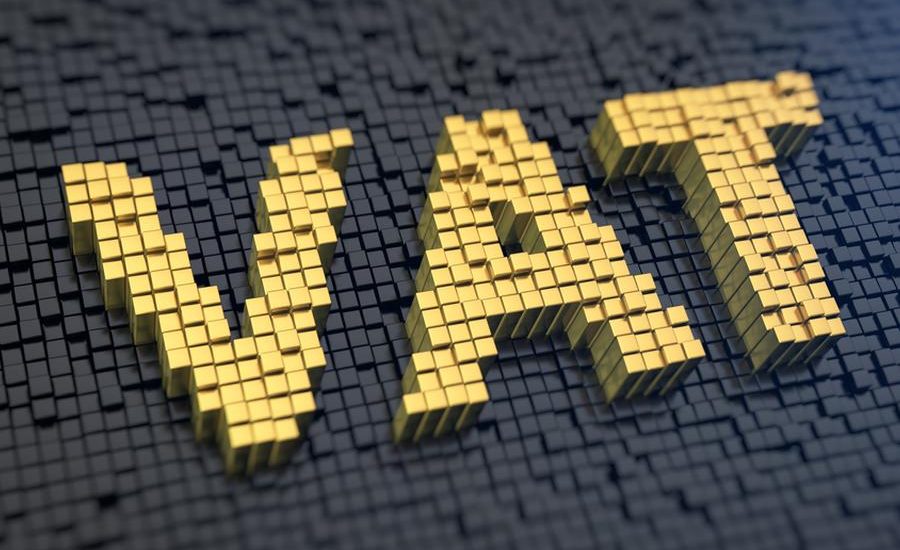- July 10, 2017
- Posted by: VatMan
- Category: Press Room

Article published by and copyright of Zawya.com
The United Arab Emirates (UAE) finance ministry on Monday released updated information on its plans for the introduction of a new 5 percent value-added tax (VAT) on various goods and services from January, 2018.
The six members of the Gulf Cooperation Council (GCC), which includes the UAE, agreed in 2016 to introduce VAT as a means to diversify government revenue sources and reduce reliance on hydrocarbon exports after the oil prices’ sharp drop that started in mid-2014.
Younis Al Khouri, under-secretary at the finance ministry told Zawya in an interview last February that a 5 percent VAT is expected to be implemented simultaneously across the GCC starting January 1, 2018. He said VAT would apply to companies with annual revenues exceeding 375,000 dirhams ($100,000) and anticipated a compliance rate of around 95 percent for companies in the initial stage.
Real estate:
The 5 percent VAT on real estate will be applied on the sale and leasing of commercial properties.
Residential properties will “generally” be exempt from VAT. Newly built homes will be zero-rated during the first three years after the property’s completion to allow developers to recover VAT on construction costs, but subsequent sales will be subject to tax.
Imports:
VAT will be imposed on goods and services purchased from abroad. The new tax will be in addition to any custom duties paid by importers. VAT will be calculated on the total value of the goods, including all custom duties. However, imported goods that are exempt from customs duties could still be subject to VAT.
Goods and services subjected to a zero percent VAT…
